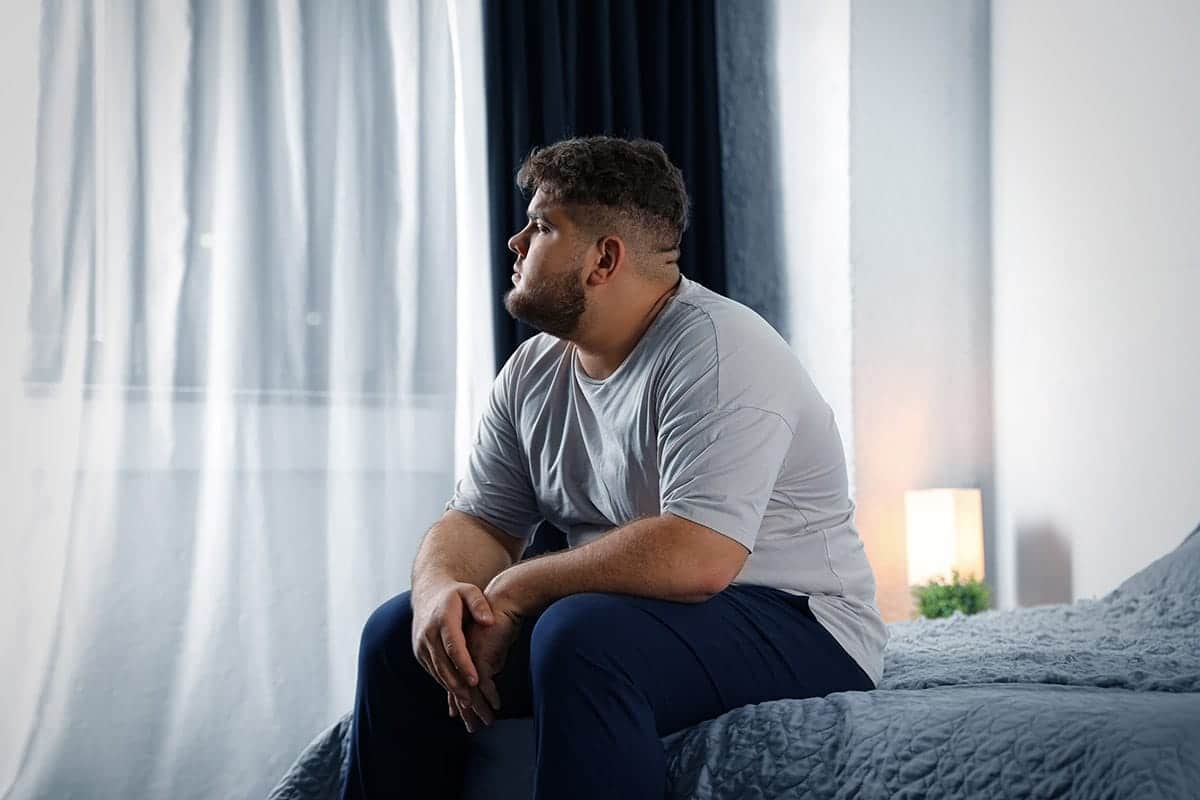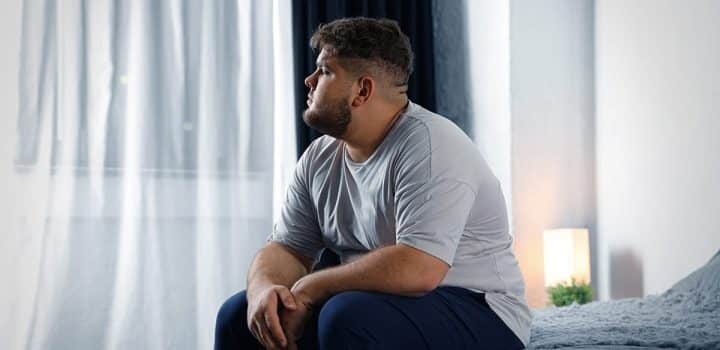
If you’re familiar with the basic concepts of addiction treatment, you’ve likely heard about relapses. This term refers to renewed substance use in someone who has established drug or alcohol sobriety. But what actually happens when you relapse? And does a relapse permanently interfere with your drug or alcohol addiction recovery? The answers to these questions may surprise you. They can also help you gain a better understanding of what it takes to maintain long-term sobriety.
What Happens When You Relapse: A Process, Not a Single Event
It’s easy to regard relapse as a single, definitive event. During this event, someone who has established a pattern of sobriety falls back into drug or alcohol use. Such a straightforward scenario is easy to envision. But as it turns out, it’s also factually inaccurate.
Why? As research clearly shows, a relapse is a process, not a single event. Each step in this process moves you closer to drinking or using drugs again. However, it’s impossible to put this final action into context without knowing what happens before it occurs.
The Process Begins: Emotional Relapse
As a rule, a relapse starts days, weeks, or even months before you actually return to substance use. In fact, it begins deep in your emotions before you start thinking about doing such a thing. For this reason, experts refer to this starting point of the process as emotional relapse.
The hallmark of emotional relapse is a spike in your day-to-day experience of negative emotions. Seemingly out of the blue, you may find yourself increasingly engaged in feelings such as:
- Anger
- Anxiousness
- Irritability
In rehab, you learned how to cope with these powerful feelings. But now, your coping mechanisms fail to provide you with sufficient relief. As a result, you edge toward the next steps in the relapse process.
Continuing on to Mental and Physical Relapse
Like emotional relapse, mental relapse takes place internally. Destabilized by your inability to ease your negative emotions, you now start openly thinking about using again. These thoughts can take a multitude of forms, including:
- Viewing your substance-using days in a nostalgic light
- Using logic to justify the idea of drinking or taking drugs
- Working out a plan of how you would restart your substance use
If these thoughts aren’t effectively challenged, they can lead to the final step in the relapse process. You take this step when feelings and thoughts become physical actions, and you drink or consume a drug.
Is It Okay to Relapse? The Impact on Your Recovery Efforts
Is it okay to relapse during addiction recovery? Yes and no. Ideally, you won’t return even briefly to drug or alcohol use after getting sober. But if you do, experts emphasize, it’s not the end of the world or your recovery efforts.
By its very nature, addiction is a relapse-prone chronic illness. As with all chronic conditions, the important thing is to overcome any setbacks as quickly as you can. Your treatment team can help you do so both during and after your time in rehab.
Find Out More About What Happens When You Relapse at Promises Right Step
Have more questions about what happens when you relapse after getting sober? Get the answers you need at Promises Right Step. We can also help you determine if you or your loved one are on the road to an eventual physical relapse.
Promises Right Step is a leading provider of addiction care. Whether you’ve experienced a relapse or need help getting sober for the very first time, we’re here for you. Every day, we help people with drug and alcohol problems establish durable, substance-free lifestyles. Just call us today at 17135283709 or fill out our brief online form.





